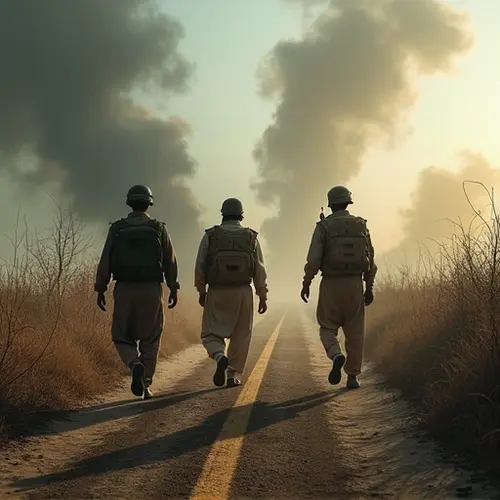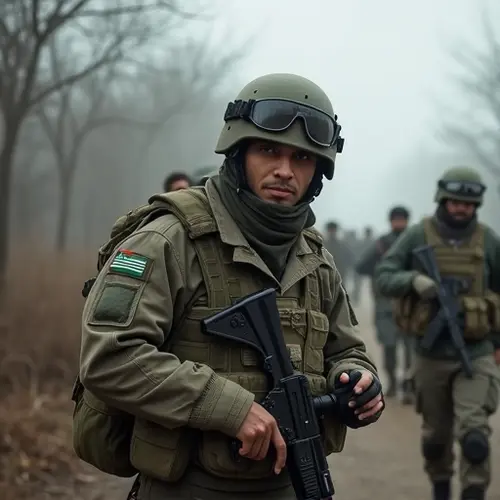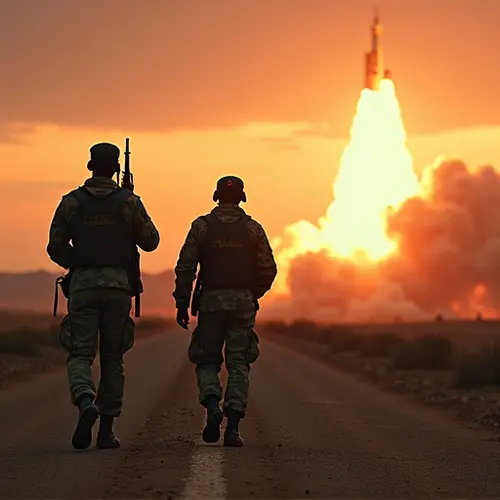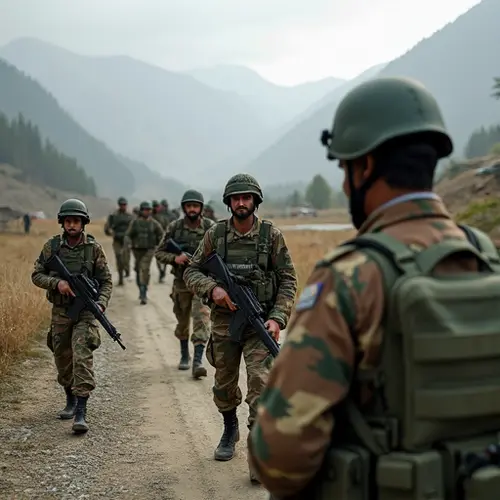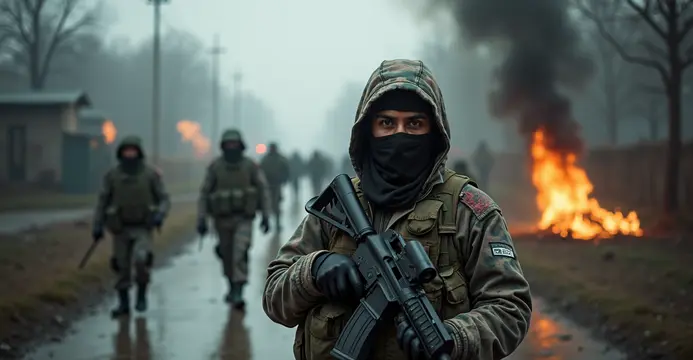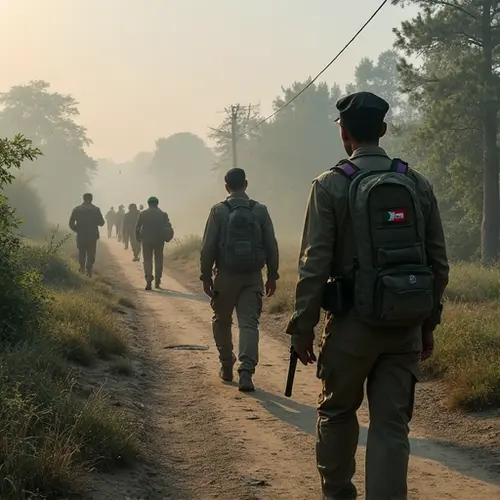
India-Pakistan Border Clashes: Ceasefire or Escalation?
Background
The longstanding tensions between India and Pakistan have once again flared up, with recent skirmishes along the Line of Control (LoC) in the disputed Kashmir region. The roots of this conflict trace back to the partition of India in 1947, with both nations claiming sovereignty over Kashmir. The region has been a flashpoint for numerous wars and conflicts, including the 1947-48 war, the 1965 war, and the 1999 Kargil conflict.
Recent Developments
In April 2025, a terrorist attack in Pahalgam, Jammu and Kashmir, killed 25 Indian tourists, escalating tensions between the two nuclear-armed neighbors. India accused Pakistan-based militant groups of orchestrating the attack, leading to a series of retaliatory measures, including the suspension of the Indus Waters Treaty and the expulsion of diplomats.
By May 2025, the situation had deteriorated further, with both countries engaging in cross-border firing and artillery shelling. India launched "Operation Sindoor," targeting militant camps in Pakistan, while Pakistan retaliated with mortar attacks on Indian positions. The conflict resulted in civilian casualties and significant damage to infrastructure.
International Mediation
The United Nations and several countries, including the United States, Iran, and Russia, have called for restraint and diplomatic resolution. A ceasefire was announced on May 10, 2025, but violations have been reported, raising concerns about the stability of the agreement.
Future Prospects
The ongoing conflict underscores the fragility of peace in South Asia. While the ceasefire offers a temporary reprieve, long-term solutions remain elusive. The international community continues to monitor the situation closely, urging both nations to engage in dialogue to prevent further escalation.

 Nederlands
Nederlands
 English
English
 French
French
 Deutsch
Deutsch
 Espaniol
Espaniol
 Portugese
Portugese




